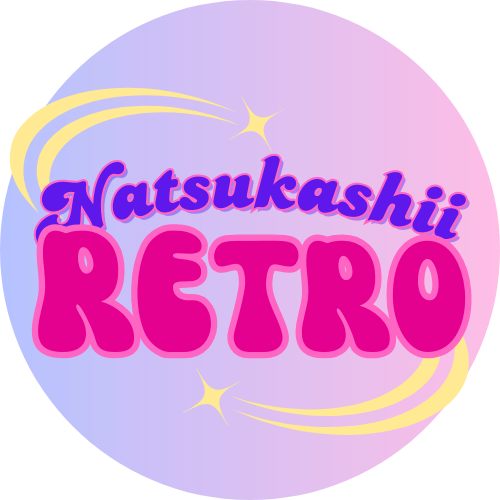Last week, the ABC radio show had a feature on “understanding the complex emotion of nostalgia,” with guests Dr Chris Cheers and Professor Jee Hyun Kim, a psychologist and behavioral neuroscientist respectively.
While the fuzzy warm nostalgic feeling of natsukashii was the reason I created this shop, I had never thought much about the psychology behind the feeling. For me, nostalgia has always been tied to specific things that trigger the feelings of nostalgia - from simpler times growing up in Honolulu playing Polly Pockets with my sister to setting my alarm for 6am so I could read Harry Potter in bed before school (the idea of a TERF yet to be discovered).
For some of the callers in, they talked about memories evoking feelings of nostalgia, and as perpetually happens to this main-character-syndrome writer, it highlighted how not everyone experiences nostalgia through physical items. My memories are not strong at inducing emotions usually, but it really highlighted how we don’t need a sensory touch to be transported back to a simpler time. An aged care worker called in discussing how impactful nostalgia can have on dementia patients - from music to even a simple mailbox.
What was so interesting to me was finding out that nostalgia at one point was considered a mental disorder! As an etymology enthusiast, a little digging led me to discover that the word itself is rooted in the words nostos (to return home) and algos (pain) - almost akin to homesickness. While today homesickness seems to be accepted as a normal and expected experience, unlike nostalgia, it is still not one to be encouraged or sought after.
At one point Cheers mentioned something that really resonated with me, regarding the sense of POSSIBILITY. When we find and collect toys from our childhood, are we reminding ourselves of a period in our life where anything was possible? Where we could become an astronaut, or a cartoon illustrator or Pokemon master? Maybe the answers to those questions lie just in our subconscious, with only the fuzzy warmth of nostalgia providing any conscious answers.
Nostalgia also plays a crucial role in shaping our identity and strengthening social bonds. Much like TikTok trends connect people today, reminiscing over pop culture phenomena creates a playful sense of connection. Seeing an old Dragon Ball clip or a beloved book from childhood is like sharing an inside joke with strangers worldwide. It's a moment of recognition that people from all walks of life share these common threads, forging a bond that transcends time and distance.
Listen to the full episode here, and comment below what triggers the feeling of natsukashii for you.














